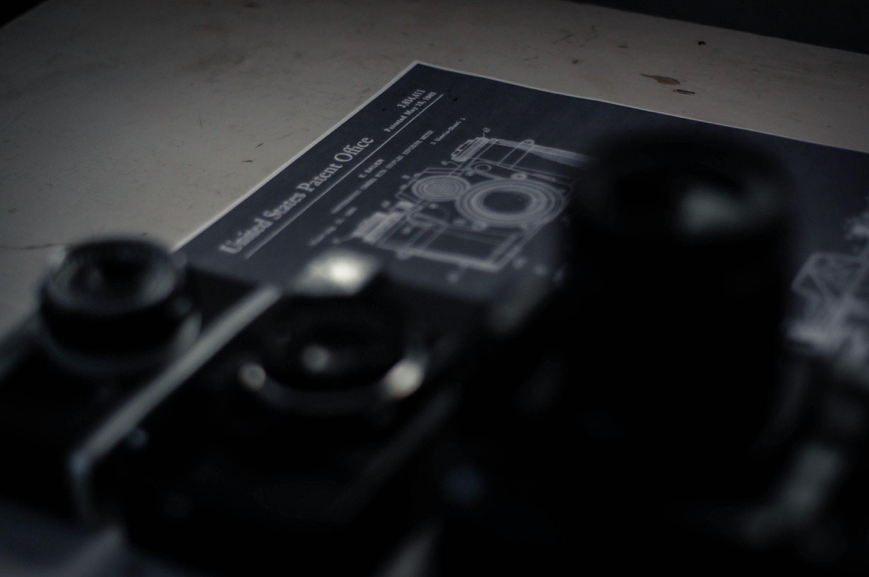Provisional patents are powerful tools that allow inventors in the United States to protect their intellectual property during the final stages of development. These special protections are a temporary and cheaper alternative to traditional patent applications, providing a 12-month period for the inventor to finish the product or determine its commercial viability.
Provisional patents have been available for United States inventors since 1995, but many countries have yet to adopt the same system. Provisional patent holders in the United States who are looking to register their U.S. patents in Mexico must be aware of key differences in how the two countries process patents and patent applications.
Provisional Patents In The United States Vs. Mexico
In the United States, provisional patents are legal documents filed with the USPTO to establish an early filing date for an invention. The provisional patent allows the inventor to use a “patent pending” descriptor and ensure that any party that sees the invention cannot turn around and create a copycat product.

The provisional patent does not require an extensive examination or investigative process and can be filed for as little as $75, making it a far less expensive and time-consuming option for inventors. This benefits startup founders and solo inventors who need time to finalize the product or want to take the invention to investors to begin seed rounds for funding.
Once 12 months have passed, all protections for the invention cease unless the creator has filed for a traditional patent. Provisional patents essentially act as placeholders, giving the inventor a little more time before they submit a nonprovisional application.
Mexico does not recognize provisional patents held by U.S. citizens and does not offer any similar types of provisional applications. This means that U.S. citizens looking to expand their business into Mexico must go through the full patent application process before they can begin.
This presents a few problems for prospective Mexican patent holders. If the inventor is finalizing the product but needs to file immediately, it can lead to a rushed application that doesn’t cover the entirety of the invention.
The features missing in the application (also known as embodiments) are not granted the protections afforded by Mexico’s existing IP law. Once the patent has been filed, Mexican law does not allow for the inclusion of additional embodiments. Additionally, the patent will likely not be able to be re-filed, as the invention will no longer meet the novelty requirements for the application process.
How A Mexican IP Law Firm Can Help
With these limitations in mind, United States citizens looking to file their provisional patent in Mexico are faced with a choice. They can either file the application earlier in the development process and potentially lose out on some legal protections, or they can file once the product is finalized to cover every embodiment.

Consulting with a patent attorney in Mexico will allow the prospective patent holder to make an informed decision and provide significant benefits regardless of the decision. IP law firms specializing in serving U.S. citizens like De Alva & Asoc. help accelerate the application process through timely correspondence with the Mexican authorities and minimize the chances of rejection.
Working with a Mexican IP lawyer to file the patent application means getting a local expert to monitor whether or not your IP is being used inappropriately. Once detected, De Alva & Asoc. will immediately begin filing for patent infringement litigation, ensuring your IP is well protected.
De Alva & Asociados is dedicated to being the best option for intellectual property legal services in Mexico, with commitments to responsiveness, clear communication, and proficiency. If interested, get in contact with De Alva & Associates today!

